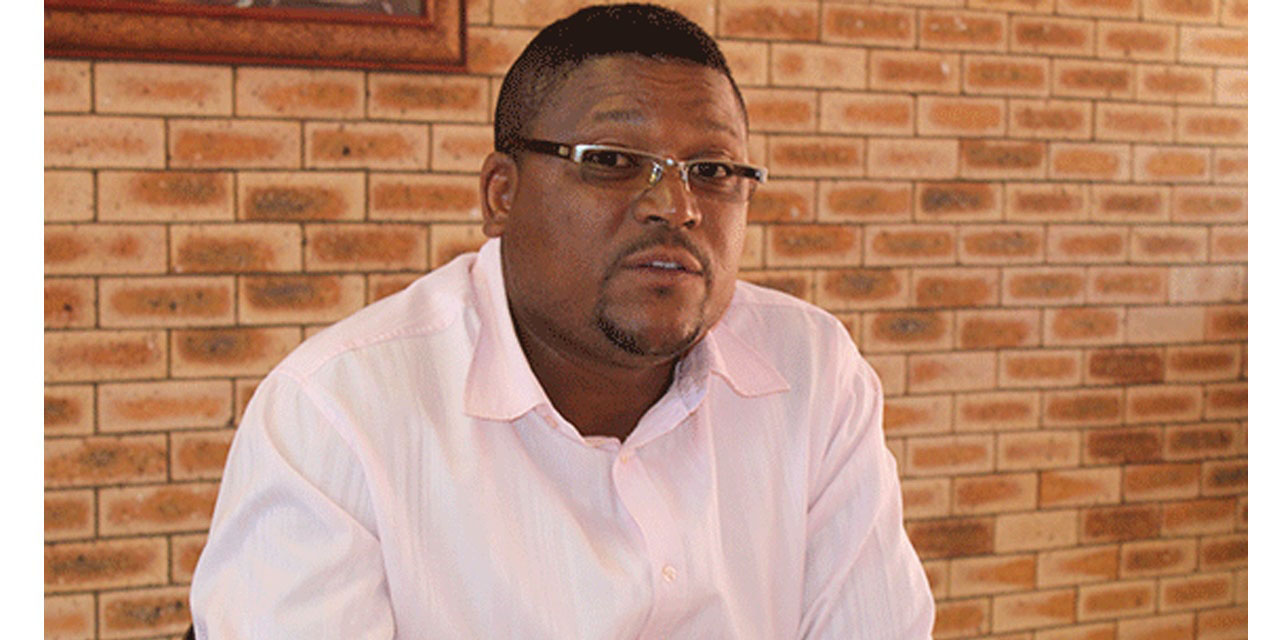Tujoromajo Kasuto
Civil servants are set to cast their secret ballot on 28 and 29 July to decide down tools following the breakdown in the negotiation process with the government.
The government could not grant the 10 percent pay raise across the board and improvement of various benefits, as demanded by the worker.
Various unions have revealed that the public servants want their increment and say they will keep fighting until the government concedes to their demands as It has been more than five years since civil servants’ remuneration was adjusted.
According to a statement released by the Namibia National Teachers Union (Nantu) and the Namibia Public Workers Union (Napwu), secret balloting will be conducted and jointly administered by the trade unions, and observed by government representatives.
Teachers Union of Namibia (TUN) Secretary General Mahorongo Kavihuha said the unions are on the ground looking for possible mass actions.
‘’We are planning mass actions such as strikes, demonstrations, and tool downing. So the government must be prepared for the public servants to go on strike very soon, and there was a slight delay in voting due to legal technicalities because the issue was supposed to be coordinated by NAPWU and NANTU as the unions are very slow, but we are working on it,’’ Kavihuha said.
He further asserted that the mass actions are coming shortly after the resumption of government schools which commenced this week.
‘’Schools were closed, and we were waiting for them to reopen so that we could begin coordinating the process and putting the tools down. The strike is an impending action for all public employees,’’ said Kavihuha.
The NAPWU Secretary General Petrus Nevonga remained tight-lipped about the matter, but revealed that they are not backing down from their demands.
Meanwhile, Finance minister Iipumbu Shiimi last month stated that there is no money available for civil servants salary hikes and that in order to preserve the livelihoods of the
Namibian people particularly those who are vulnerable, the government cannot afford to pay the N$1.2 billion for salary increases alone for civil servant.
He said this will result in loaning an additional N$1.2 billion or stop school upgrades and health care projects envisaged, which will then result in another problem, while also stressing
that elderly pensioners will also be affected.
Shiimi urged civil servants and the Namibians at large to allow the economy to recover and to make additional income.
Despite the impasse, the government has agreed to review allowances such as housing and Transportation for the civil servants, which is estimates to cost an additional N$334 917 365.
Meanwhile, the Ministry of Labour warned that engaging in a strike will lead to negative consequences for the employees and that it will only weaken the country’s economic base, disrupt public service delivery, and roll back all recovery efforts.
“It is important to allow our economy to go back to its growth trajectory, because once growth is realized, it also provides needed revenue to address our national budget needs. Undertaking strike actions when there is no avenue to raise funds is not a viable option. The public servants are urged to consider the situation of all affected Namibians. Without being pre-emptive of the outcomes of the ballot exercise scheduled for the 28th – 29th July 2022, we wish to point out that there are consequences for the Government, the public servants and the country at large,” the minister notes.
Minister Utoni Nujoma said that the ministry recognises that the employees in terms of the law have the right to go on strike, however the employer is under no obligation to remunerate any of the employees that partake in the industrial action.




